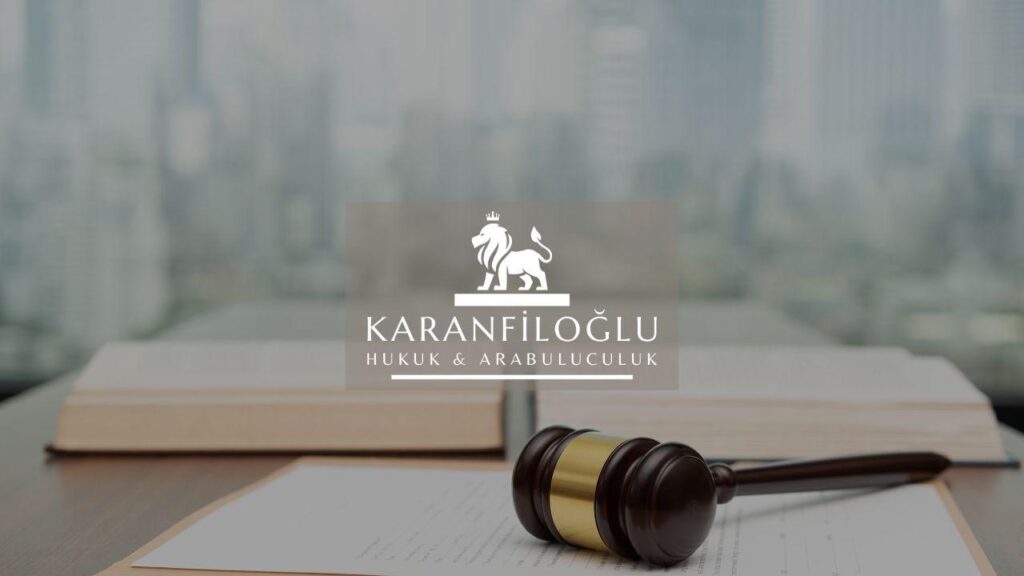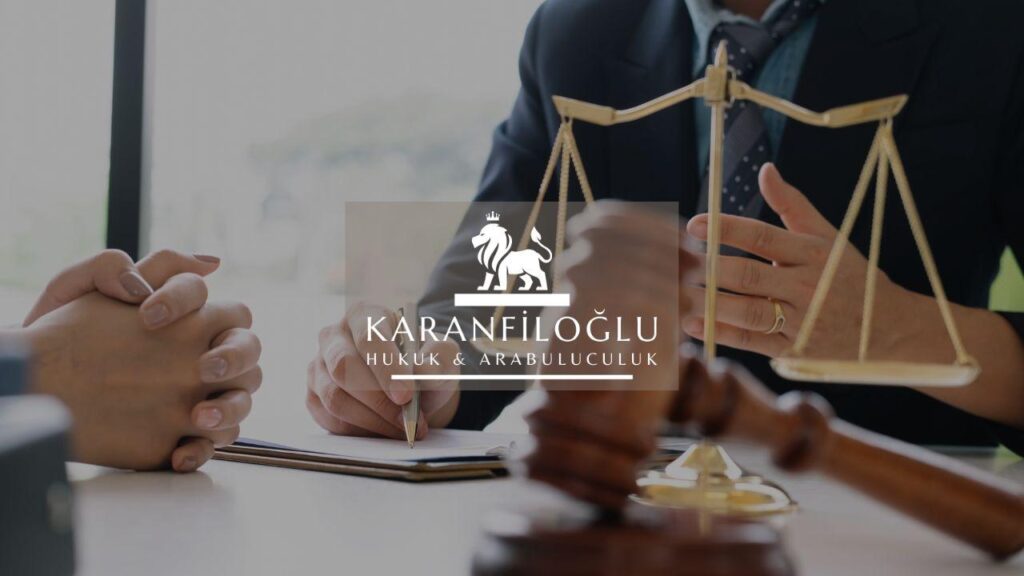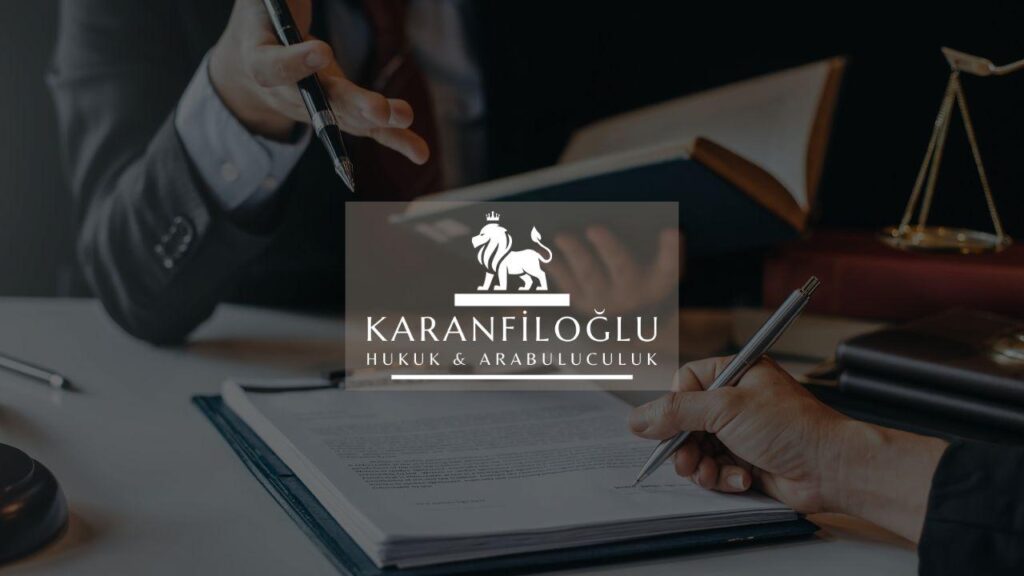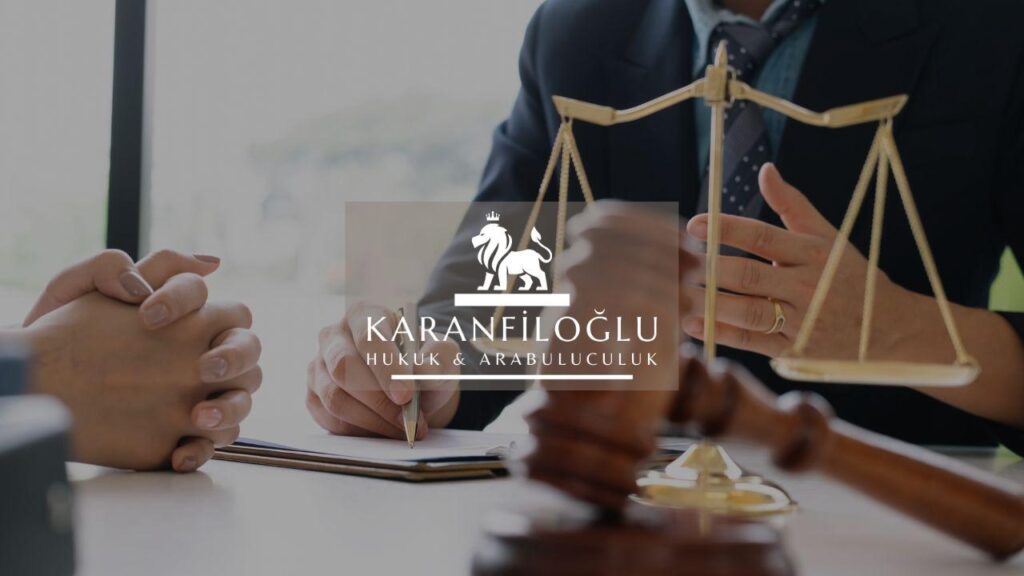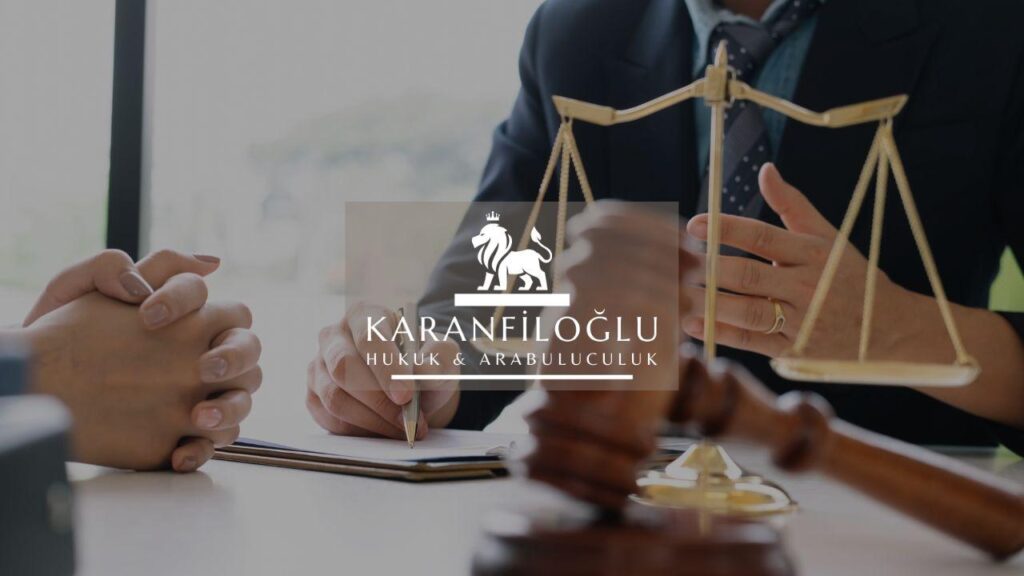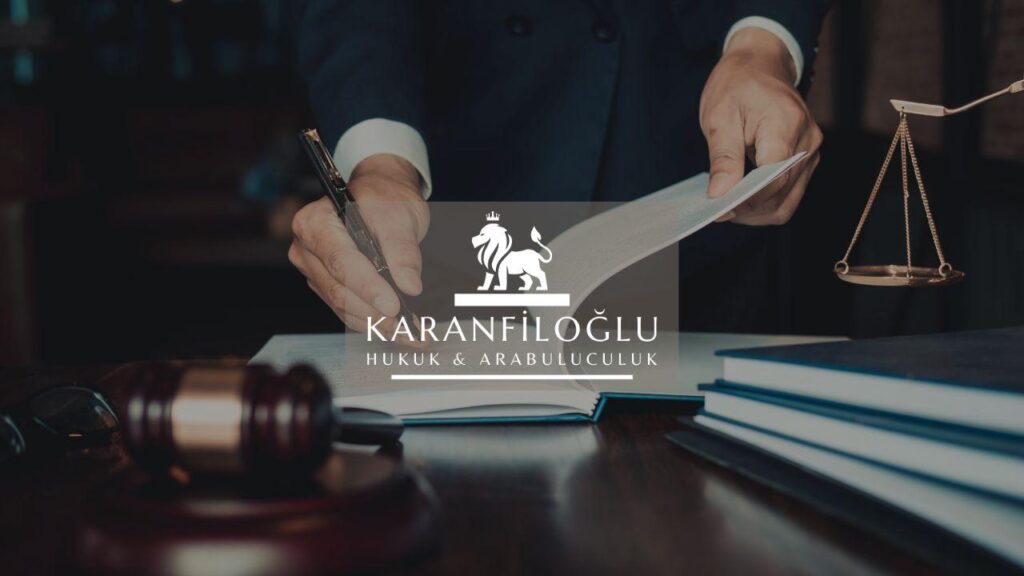Employment disputes are an inevitable aspect of the modern workplace, and navigating them effectively requires both a keen understanding of Turkish labor laws and a strategic approach. At Karanfiloglu Law Office, we recognize the complexities that arise in employer-employee relationships and the significant impact that unresolved conflicts can have on your business and personal wellbeing. Whether you are an employer confronted with a contentious termination dispute or an employee facing unjust treatment, our team of seasoned legal professionals is equipped to guide you through the intricacies of Turkish employment regulations. In this comprehensive blog post, we will elucidate the essential steps in effectively managing employment disputes in Turkey, ensuring that your rights and interests are meticulously safeguarded throughout the process.
Understanding Your Legal Rights as an Employee
Understanding your legal rights as an employee in Turkey is crucial in addressing employment disputes effectively. Turkish labor laws, particularly the Labor Law No. 4857, provide a robust framework that safeguards employees’ rights, including regulations on working hours, overtime, paid annual leave, and termination procedures. Ensuring compliance with these laws is not only essential for protecting your interests but also for fostering a fair and transparent workplace environment. If you believe your rights have been violated, it is imperative to seek legal advice promptly to understand the remedies available to you, which may include reinstatement, compensation, or other forms of redress. At Karanfiloglu Law Office, we emphasize the importance of being well-informed about these legal protections, as it empowers you to take appropriate action against unjust treatment or unfair dismissal.
One of the first steps in understanding your legal rights as an employee is to familiarize yourself with your employment contract and any supplementary agreements. These documents often outline your specific duties, compensation details, and conditions of employment, but they must also comply with Turkish labor laws. Any clause that significantly deviates from the legal standards stipulated by Labor Law No. 4857 may be deemed invalid. Additionally, it’s important to be aware of the legal protections against discrimination and harassment in the workplace. For instance, the Turkish Constitution and the Human Rights and Equality Institution Law guarantee the right not to be discriminated against on various grounds, such as sex, race, or disability. If your employment contract or work environment appears to violate your legal rights, consulting with an experienced attorney at Karanfiloglu Law Office can provide you with the necessary guidance to address these issues effectively and ensure your rights are upheld.
At Karanfiloglu Law Office, we believe that knowledge is power, and being aware of your entitlements under Turkish labor laws is the first step in safeguarding your employment rights. Our legal team is well-versed in scrutinizing employment practices for compliance with local regulations and identifying any potential breaches that may compromise your welfare. We assist employees in gathering crucial evidence, such as workplace correspondence, performance reviews, and payroll records, to support their claims in cases of unfair treatment or wrongful termination. Furthermore, we guide clients through the procedural aspects of filing complaints with relevant authorities, such as the Labor Courts and the Office of the Ombudsman. By leveraging our expertise, we strive to ensure that our clients receive fair treatment and just outcomes, whether through mediation, arbitration, or litigation. Trust Karanfiloglu Law Office to be your staunch advocate in navigating the complexities of employment law in Turkey.
Steps to Filing an Employment Dispute
The first step in filing an employment dispute in Turkey is to seek written documentation and gather evidence related to the issue at hand. This includes employment contracts, company policies, emails, performance reviews, and any relevant correspondences. Proper documentation is crucial as it helps substantiate your claims and provides a clear narrative of the dispute, whether it involves unfair dismissal, workplace discrimination, or unpaid wages. Employers and employees alike must ensure that they retain copies of all pertinent documents. Accurate and comprehensive documentation not only facilitates a smoother legal process but also strengthens your position when presenting the case before the relevant authorities, such as the Turkish Labor Courts or the Arbitration Board.
The next essential step involves attempting to resolve the dispute through internal mechanisms, such as mediation and negotiation. In Turkey, many workplaces have established procedures for addressing grievances internally, making it imperative to exhaust these options before escalating the matter to judicial bodies. Engaging in good-faith discussions with the other party can often lead to mutually agreeable solutions, potentially avoiding prolonged legal battles. Both employers and employees can benefit from the expertise of a legal professional during these negotiations to ensure that their rights are adequately represented. Moreover, documenting the attempts at internal resolution can further bolster your case should the dispute proceed to formal legal action, demonstrating a genuine effort to resolve the conflict outside of court.
If internal mechanisms fail to resolve the dispute, the final step is to pursue legal action by filing a claim with the relevant authorities. In the Turkish legal system, employment disputes are primarily handled by the Labor Courts, which specialize in issues related to employment relationships. To initiate a claim, the plaintiff must submit a detailed petition outlining the nature of the dispute, along with the compiled evidence and documentation. Given the complexity of Turkish labor law, it is highly advised to engage an experienced legal professional from Karanfiloglu Law Office to assist in crafting a compelling case. Our experienced lawyers will ensure that all procedural requirements are met and represent you persuasively in court. Additionally, arbitration and conciliation boards may be suitable alternatives depending on the nature of the dispute, providing an expedited process to reach a resolution. Regardless of the path chosen, having skilled legal representation is key to effectively navigating the legal landscape and safeguarding your rights.
Navigating the Turkish Legal System for Employment Claims
Understanding the legal landscape is crucial for effectively navigating employment disputes in Turkey. The Turkish legal system offers a structured framework through which both employees and employers can seek resolution for their grievances. Primarily governed by the Turkish Labor Law (4857) and the Code of Obligations, these regulations define the rights and responsibilities of all parties involved. It’s important to note that employment disputes can be addressed through several avenues, including mediation, labor courts, and arbitration. Mediation is often a prerequisite, designed to facilitate amicable settlements without resorting to litigation. However, if mediation fails, taking the matter to a labor court—where specialized judges with expertise in employment law adjudicate—is the next step. At Karanfiloglu Law Office, our legal experts are adept at maneuvering through these complexities, ensuring that each case is approached with meticulous attention to detail and a robust strategy.
One of the initial steps in handling employment disputes in Turkey involves understanding and adhering to the mandatory mediation process. As stipulated by recent amendments in Turkish labor laws, mediation serves as a compulsory first resort before escalating matters to the labor courts. This approach aims to resolve conflicts more efficiently and amicably. During the mediation process, an impartial third party facilitates negotiations between the employer and employee, striving for a mutually acceptable resolution. Success in mediation can prevent the lengthy, costly, and often stressful litigation process. Nonetheless, should mediation fail to bring about a satisfactory outcome, the dispute may then proceed to a labor court. At Karanfiloglu Law Office, we emphasize the importance of thorough preparation for mediation, as well as strategic planning for potential litigation, ensuring that our clients are well-equipped to navigate both avenues effectively.
Should the dispute progress to a labor court, understanding the procedural nuances becomes imperative. The labor courts in Turkey are specialized tribunals focused solely on employment-related conflicts, providing a more tailored and knowledgeable adjudication process. During litigation, both parties are required to present comprehensive evidence and clear arguments, which underscores the importance of having proficient legal counsel. At Karanfiloglu Law Office, our attorneys diligently gather relevant documentation, witness testimonies, and expert reports to substantiate our clients’ cases. The court’s judgment, which can include reinstatement, compensation for unfair dismissal, or rectification of workplace grievances, is binding and enforceable. Our experienced team ensures that each stage of the litigation process is navigated with precision and strategic foresight, advocating fervently for our clients’ rights and interests in the Turkish legal system.
Disclaimer: This article is for general informational purposes only and you are strongly advised to consult a legal professional to evaluate your personal situation. No liability is accepted that may arise from the use of the information in this article.

